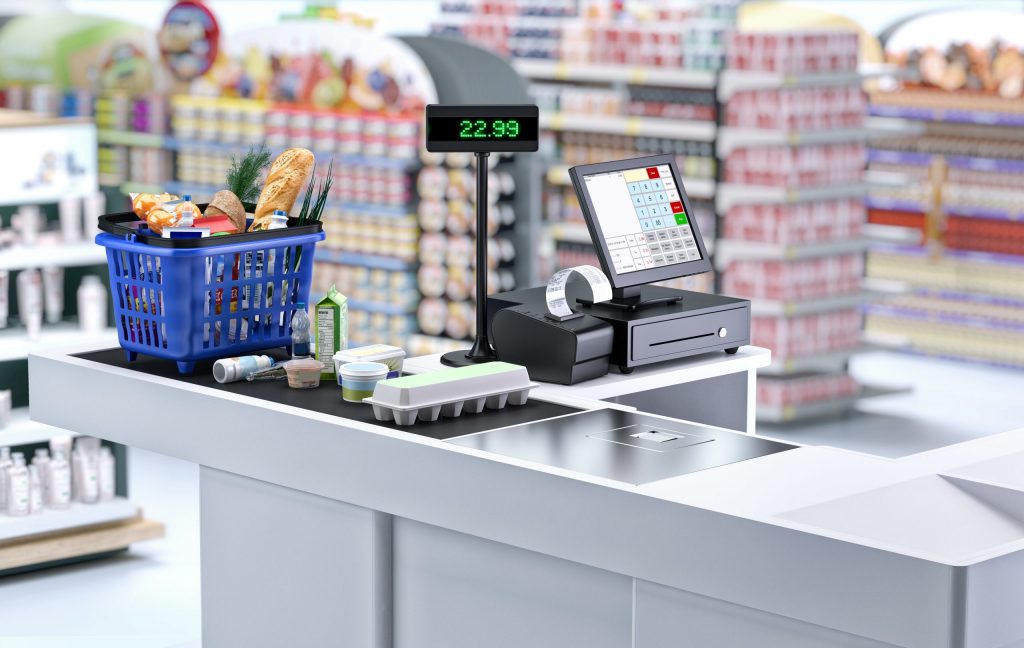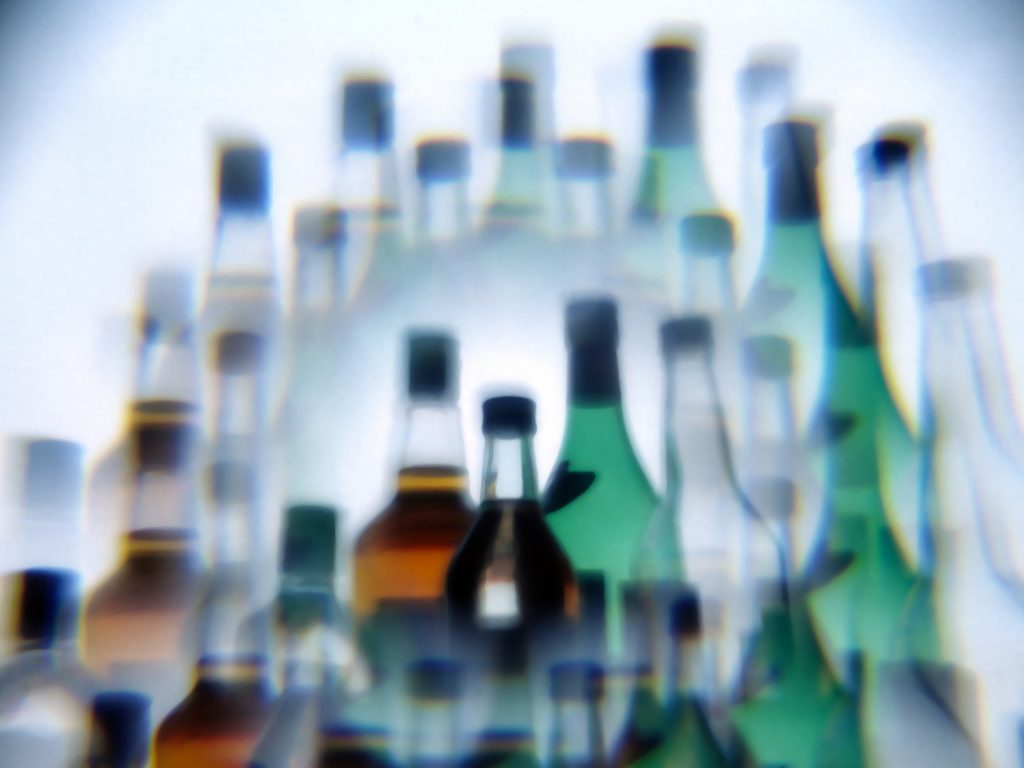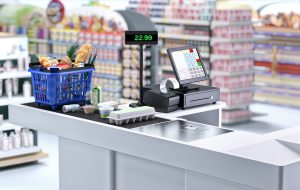The Association of Alcoholic Beverage Companies is requesting a 30% reduction in the special consumption tax on alcoholic beverages in three successive phases (10% annually), aiming to alleviate distortions that have been plaguing the sector for years.
According to a study by the Foundation for Economic & Industrial Research (IOBE), Greece has by far the highest excise tax on alcoholic beverages among the EU-27 countries based on the purchasing power of Greek consumers, ranking 5th highest in nominal value, and having more than double the excise tax compared to the average of neighboring and competitively touristic countries.
It is noted that from 1998 until today, the taxation on alcoholic beverages in Greece has increased a total of eight times, with four increases occurring within the period of 2009-2010, leading to a 125% increase in the excise tax coefficient on alcoholic beverages.
The excessive rise in excise tax not only decreases consumption but also worsens existing policy distortions and exposes significant deficiencies in the regulatory framework for domestically produced spirits. This situation leads to a substitution of legal beverage consumption with products from illegal trafficking, such as contraband and counterfeit goods.
A recent IOBE study (2024) estimated that illegal trade in alcoholic beverages results in approximately 70 million euros in lost tax revenue, mainly due to non-payment of excise tax and VAT, excluding losses from unregistered distillers’ products.
According to the Association of Alcoholic Beverage Companies (EEAP), the government has implemented the Electronic Identification System (LOTIFY) to control the production and distribution chain of alcoholic beverages for legal importation and tax payment. While seen as a positive step, there is a need for improvements due to observed implementation challenges.






